Lying just for the fun of it is either art or pathology
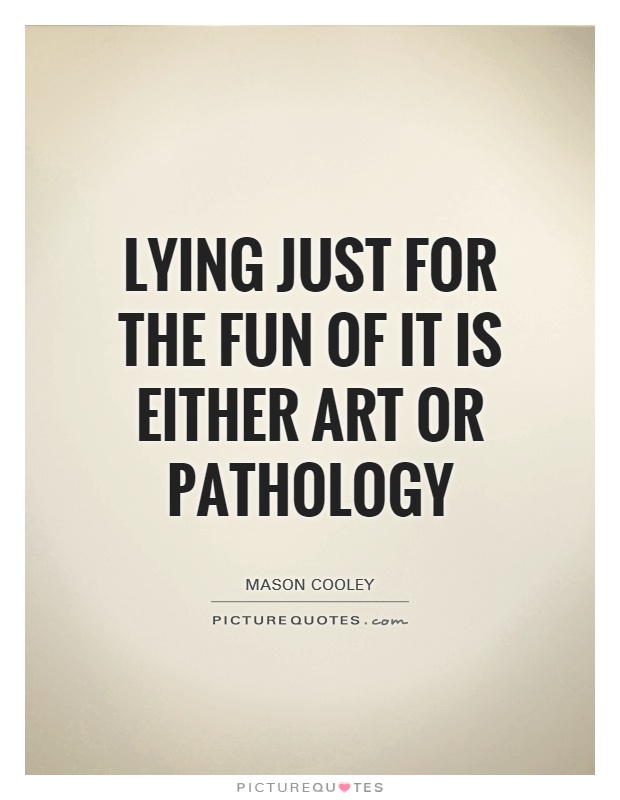
Lying just for the fun of it is either art or pathology
Mason Cooley, an American aphorist known for his witty and insightful observations on human nature, once said, "Lying just for the fun of it is either art or pathology." This statement raises an interesting question about the nature of deception and its role in our lives. Is lying simply a harmless form of entertainment, a skillful manipulation of truth for amusement, or is it a sign of deeper psychological issues?On one hand, there is a long tradition of storytelling and performance art that involves the use of deception. From ancient myths and fables to modern fiction and theater, the ability to create and inhabit alternate realities is considered a valuable skill. In this sense, lying can be seen as a form of artistic expression, a way to explore different perspectives and challenge our understanding of the world. As Cooley suggests, there is a certain artistry in the act of lying, a craft that requires creativity, imagination, and finesse.
However, there is also a darker side to lying, one that involves manipulation, deceit, and harm. Pathological lying, or compulsive lying, is a recognized psychological disorder characterized by a chronic pattern of dishonesty and deception. People who engage in this behavior often do so for personal gain, to avoid consequences, or to manipulate others for their own benefit. In these cases, lying is not a form of art but a symptom of deeper emotional or mental health issues.
So where does the line between art and pathology lie when it comes to lying for fun? It may depend on the intent behind the deception and the impact it has on others. If lying is used as a harmless form of entertainment, a way to playfully challenge reality and spark creativity, then it may be considered a form of art. However, if lying becomes a compulsive or destructive behavior, causing harm to oneself or others, then it may be a sign of pathology that requires professional intervention.


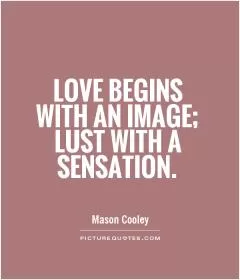




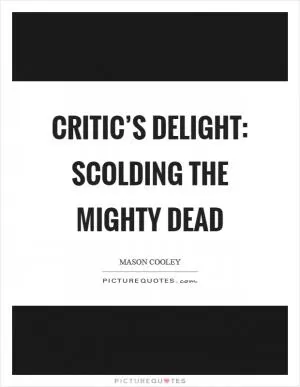
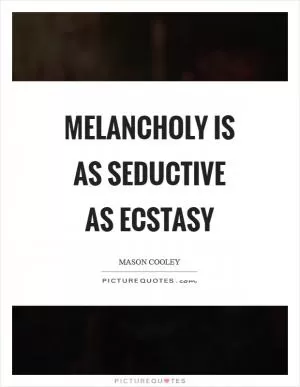


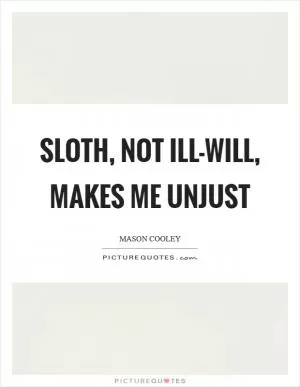
 Friendship Quotes
Friendship Quotes Love Quotes
Love Quotes Life Quotes
Life Quotes Funny Quotes
Funny Quotes Motivational Quotes
Motivational Quotes Inspirational Quotes
Inspirational Quotes